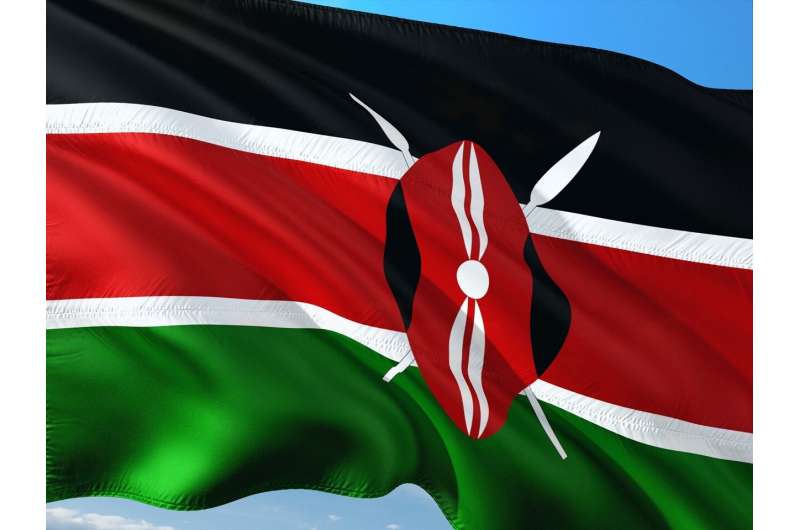Climate Extremes Amplify HIV Risks Among Sex Workers and LGBTQ+ Men in Kenya

Extreme weather events like droughts and floods increase HIV vulnerabilities among sex workers and LGBTQ+ men in Kenya, highlighting the urgent need for climate-informed health interventions.
Recent research underscores the profound impact of extreme weather events, such as droughts and floods, on increasing HIV vulnerabilities among sex workers and sexually diverse men in Nairobi, Kenya. Published in the journal AIDS and Behavior, the study highlights how climate-related disruptions exacerbate poverty and resource scarcity, leading to behaviors that heighten HIV risk.
The study was conducted by researchers from the University of Toronto alongside Kenyan community-based collaborators, involving in-depth interviews with 21 sex workers and 15 gay, bisexual, and other men who have sex with men (gbMSM). Participants shared that drought and flooding significantly impair access to essentials like food and water. To cope, many engaged in transactional sex or traveled longer distances to access water, both of which increased their exposure to HIV and sexual violence.
Stigma linked to LGBTQ+ identities and sex work further compounds these vulnerabilities. Participants faced heightened risks of criminalization and reduced healthcare access, especially during weather crises. The intersection of climate change, social marginalization, and economic precarity creates a complex web of danger, making these populations especially susceptible to HIV.
The researchers emphasize that addressing resource scarcity is crucial for HIV prevention. They advocate for climate-informed interventions such as mobile health services, longer-acting PrEP, and stigma reduction programs specifically tailored to these vulnerable groups. As climate change continues to cause unpredictable weather patterns, understanding and mitigating its impact on marginalized populations remains vital.
This study aims to inform policies and programs to reduce HIV risk amidst climate crises, emphasizing the need for integrated approaches that consider environmental, social, and health factors.
Source: https://medicalxpress.com/news/2025-05-extreme-weather-events-linked-hiv.html
Stay Updated with Mia's Feed
Get the latest health & wellness insights delivered straight to your inbox.
Related Articles
Innovative, Cost-Effective Biosensor Pill Detects Intestinal Inflammation via Blue Dye Release
A new low-cost, ingestible biosensor pill from researchers at Mass General Brigham and the University of Toronto offers a simple, non-invasive way to detect intestinal inflammation by releasing a visible blue dye, promising better at-home monitoring for IBD patients.
Gestational Diabetes Increasing Risks for Mothers and Children: Cognitive Decline, ADHD, and Autism
New research links gestational diabetes to cognitive decline in mothers and higher risks of ADHD and autism in children, emphasizing early detection and intervention.
Insurance Silence on COVID-19 Vaccine Coverage Sparks Uncertainty
Insurance companies currently maintain coverage for COVID-19 vaccines amid political and policy shifts, but future uncertainties loom as public health guidance evolves.
Regional Variations in Newborn Antibiotic Use Revealed in Swedish Study
A new Swedish study reveals significant regional differences in antibiotic use among newborns, emphasizing the need for standardized protocols to prevent overprescription while effectively treating sepsis. Learn about the disparities and current practices across Swedish hospitals.



